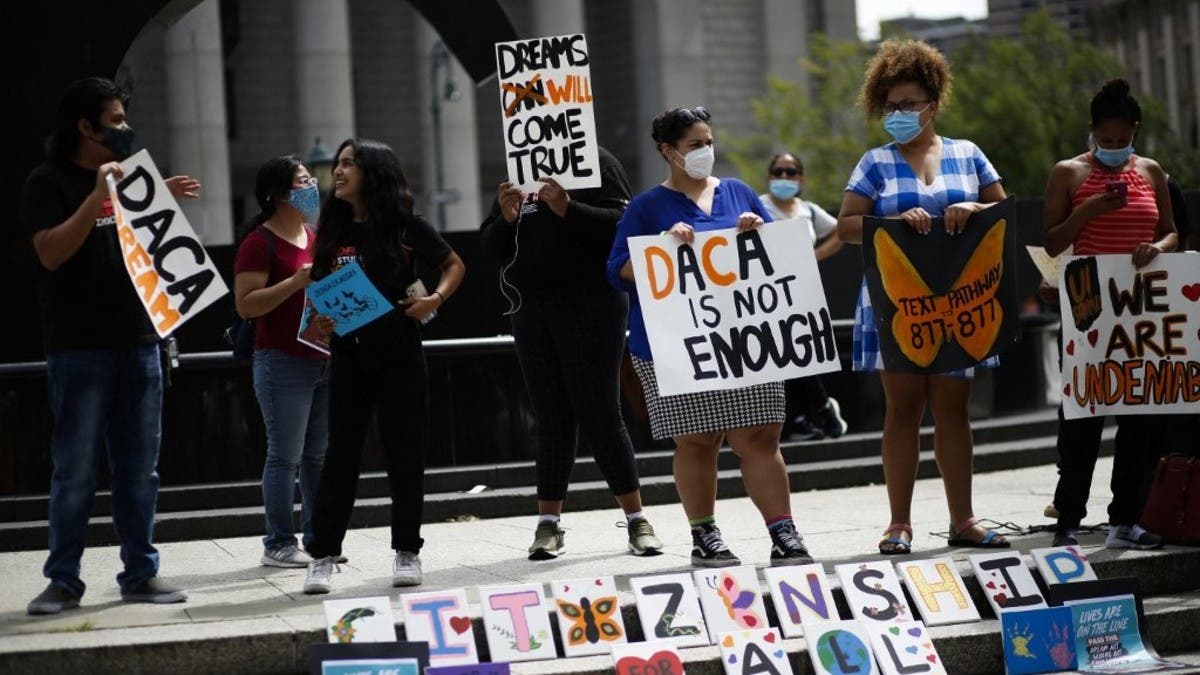

HIT A ROADBLOCK TV
He is a regular commentator on public policy and India across print, TV and online media.ĭr. He has published academic research on behavioural economics and social impact, and contributed to various books, particularly on India. His dissertation won a prize at an international economics conference at Georgetown University, Washington DC. Pratik studied Economics at Warwick University, where he was awarded the Prize for Excellence, and LMU University of Munich. He was Chairman for a not-for-profit membership organisation with several thousand members for three years.

Previously he worked in Economic Consulting at FTI Consulting and Deloitte in London and Abu Dhabi, with a focus on public policy and international arbitration. Until August 2017, Pratik was also UK Director for the Federation of Indian Chambers of Commerce and Industry (FICCI), the premier and largest industry body in India. He is currently on the Advisory Board of think tank Bridge India. Pratik Dattani is Managing Director for boutique economic consulting firm EPG, specialising in economic analysis, strategic communications and market entry assistance with India, with offices in London, Bangalore and East Africa. These involve top South Asian government and intelligence officials, and focus on regional stability, nuclear doctrines and India’s foreign policy, and take place annually in Muscat, Bahrain, New Delhi, Islamabad and London. Rahul gives select policy-relevant talks and briefings, and organises several ‘track 1.5’ meetings. Rahul Roy-Chaudhury leads the Institute’s South Asia research programme. He researches and publishes on India’s neighbourhood foreign and security policies Pakistan, Afghanistan and regional security counter-extremism and terrorism regional nuclear matters and the Indian navy and the Indian Ocean. To discuss these issues, the Henry Jackson Society is delighted to invite you to a timely discussion with Rahul Roy-Chaudhury, Pratik Dattani, Dr. Is India still globally seen as a plural, secular, fast growing and liberal democracy or have these recent changes – while receiving overwhelming support within India, as well as reflecting the mandate upon which Modi was re-elected – caused India’s international standing to suffer? Has India’s march towards a greater embrace of the West and maturing of its democracy hit a roadblock? The introduction of the CAA and plans for a nationwide NRC have led to protests and aggressive policing not seen since The Emergency in the 1970s. Since being re-elected for a second term in power, with an even greater majority, Prime Minister Narendra Modi and his Minister of Home Affairs Amit Shah has delivered upon their election promises quite stunningly: making the practice of ‘triple talaq’ illegal, the repeal of Article 370 in Kashmir a Supreme Court conclusion majorly in favour of Hindus in the three-decade long Ayodhya case and the implementation of a National Register of Citizens (NRC) and Citizenship Amendment Act (CAA).Ĭritics say these policy decisions are specifically targeted towards Muslims in India. At one stage in December, six Indian states had internet shutdowns over public unrest. India now has the dubious record of having 67% of the world’s internet shutdowns in 2018. But commentators, including former Foreign Secretary and National Security Advisor Shivsankar Menon, are increasingly saying said that the Indian Government is scoring an own goal with recent policy decisions. From India’s strong presence in Davos in 20 and in between, it marked a renewed confidence that India was an economic might in its own right.

India’s foreign policy diplomacy in the 1990s and 2000s focused majorly in trying to delineate India from being hyphenated with Pakistan.


 0 kommentar(er)
0 kommentar(er)
